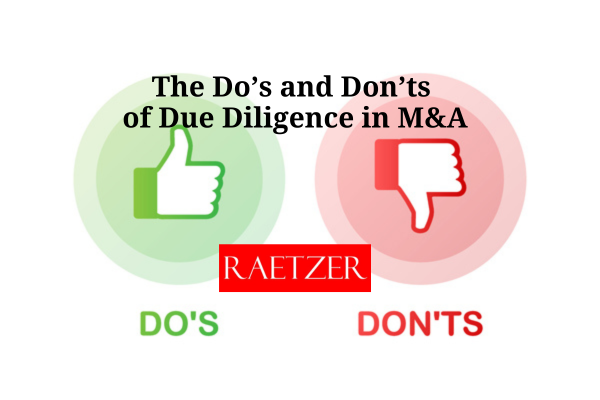Choosing the right business structure is a critical step in setting up a successful startup. The structure you select affects how your company operates, its appeal to investors, tax obligations, and how it handles liability in case of legal issues. While it is possible to change your business structure later, doing so can bring unexpected challenges and consequences.
What is a Business Structure?
A business structure, or entity, legally defines how your company is governed, taxed, and protected. Choosing the right structure at the outset is essential, as it can impact various aspects of your business, including taxes, liability, and investor appeal. Each entity type offers different benefits, so selecting one that aligns with your business goals is crucial.
Key Factors in Choosing the Best Structure for Your Startup
To choose the best structure, start by evaluating your business objectives. Each type of formation has unique advantages, depending on your needs. Consider these factors when deciding on your business structure:
- Tax Considerations: Certain entities allow for tax advantages and more extensive tax planning. Corporations, for instance, provide more tax-planning opportunities than sole proprietorships or partnerships.
- Liability Protection: The right structure can shield you from personal liability for business losses or legal actions.
- Partnership and Investment: If you have business partners or investors, your structure should reflect this arrangement.
- Operational Costs: Different entities come with varying costs of upkeep, from administrative expenses to compliance requirements.
- Long-term Vision: Beyond the startup phase, think about where you want your business to be in the future. This can guide you toward a structure that supports growth and stability.
Every startup is unique, with specific goals and requirements. Your business structure should provide liability protection and create a foundation for your company’s long-term success.
Common Startup Business Structures
There’s no one-size-fits-all when choosing a legal entity. Here’s a look at the most common types of business structures, each with its own set of pros and cons:
- Sole Proprietorship: The simplest structure, a sole proprietorship involves one person owning and operating the business without a legal distinction between the individual and the business. However, it offers no liability protection, meaning the owner is personally responsible for all business debts and obligations.
- General Partnership: In a general partnership, two or more individuals share ownership and responsibility for the business. Like a sole proprietorship, it offers no separation of liability between the business and its owners.
- Limited Partnership (LP): This structure includes both general and limited partners. General partners manage the company, while limited partners contribute financially but do not manage day-to-day operations. Limited partners enjoy liability protection based on their investment.
- Corporation: A corporation is a distinct legal entity separate from its founders. This structure requires more extensive record-keeping and regulatory compliance, but it provides strong liability protection for shareholders, meaning they are not personally responsible for business debts.
- Limited Liability Company (“LLC”): An LLC is a flexible structure that offers liability protection similar to a corporation without the same level of regulatory oversight. It can be owned by one or multiple members and generally requires less paperwork than a corporation.
Seek Legal and Consultant Help
Starting a new business is exciting, but navigating the choice of business structure can feel overwhelming. An experienced business attorney can help you understand the pros and cons of each entity type to find the structure that best suits your company’s needs. The choices you make now can impact your startup’s success in the future. Select a structure that not only protects your personal assets, but also supports your company’s growth and adaptability as it scales.




